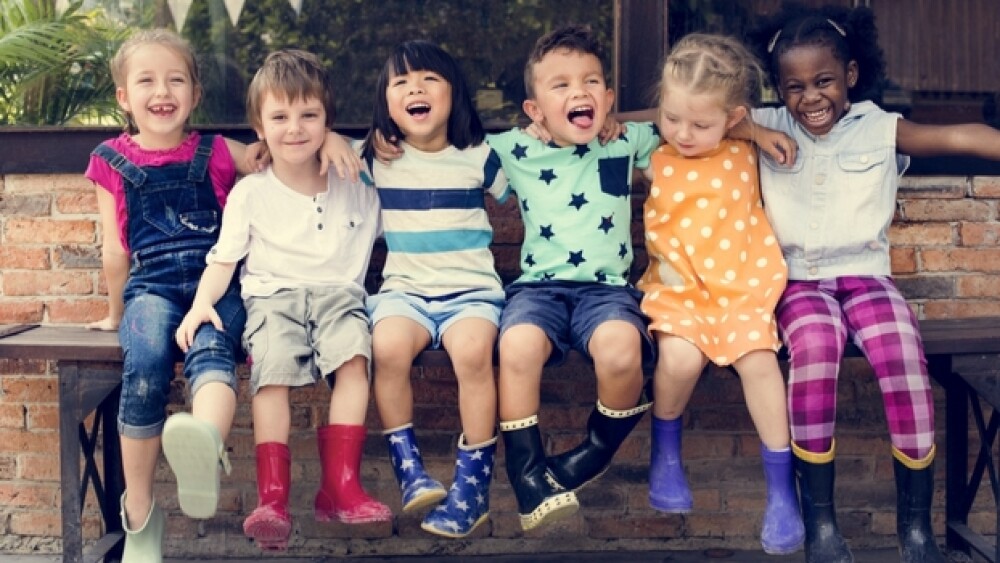Pfizer, Moderna, AstraZeneca, and Johnson & Johnson all have trials of their respective vaccines underway in various age-groups.
“Children are our future,” goes the oft-repeated refrain, and though the severity of COVID-19 tends to be lower in these cases, the primary vaccine players have shifted at least part of their focus to developing a vaccine for this demographic.
As of January 14, there were over 2.5 million cases of COVID-19 in children, according to the American Academy of Pediatrics (AAP), but only 78 total deaths among kids 4 and younger, and 178 between the ages of 5 and 17 as per the Centers for Disease Control and Prevention (CDC).
Of specific concern, however, is Multisystem Inflammatory Syndrome in Children (MIS-C), the phenomenon associated with the virus in children. As of January 8th, the CDC was reporting 26 deaths associated with MIS-C.
Pfizer, Moderna, AstraZeneca, and Johnson & Johnson all have trials of their respective vaccines underway in various age-groups. On Friday, Pfizer confirmed that it had fully enrolled its clinical trial of 2,259 participants in children 12-15, while Moderna began a clinical trial in kids 12 and above in mid-December.
However, Moderna chief executive officer, Stephane Bancel shared during the JP Morgan conference that data on those 11 and under would likely not be available until next year.
According to Business Insider, Bancel said that clinical trials on children 11 and younger “will take much longer, because we have to age-de-escalate and start at a lower dose. So we should not anticipate clinical data in 2021, but more in 2022.”
Part of the delay is that Moderna has had difficulty reaching full enrollment in the pediatric trials.
“It’s really very important for all of us, for all the population in America, to realize that we can’t have that indication unless adolescents aged 12 to 18 decide to participate,” said former scientific head of Operation Warp Speed, Moncef Slaoui.
Expected second-wavers, AstraZeneca and J&J are also making headway with their COVID-19 vaccines in pediatric populations. The University of Oxford, AstraZeneca’s development partner, will embark next month on trials in children as young as 5-years of age, extending right through to 18, and J&J is in conversation with regulators on how best to include children.
“Children can still get sick and die from Covid-19. As many children this past year died from Covid-19 as died from influenza. And we recommend an influenza vaccine for children,” said Dr. Paul Offit, director of the Vaccine Education Center and an infectious diseases physician at the Children’s Hospital of Philadelphia.
The AAP pointed to the potential long-term effects on children as a reason to focus on these trials despite the comparatively low fatality rate.
“At this time, it appears that severe illness due to COVID-19 is rare among children. However, there is an urgent need to collect more data on longer-term impacts of the pandemic on children, including ways the virus may harm the long-term physical health of infected children, as well as its emotional and mental health effects,” said the Academy in a statement.
Besides protecting our children, there is also the important fact that they can spread the virus to less robust parts of the population - such as their grandparents. As Dr. Evan Anderson, a professor of pediatrics and medicine at Emory University School of Medicine, stated:
Children are “a continuously growing group of unvaccinated people at risk for COVID-19 disease and transmission.”






